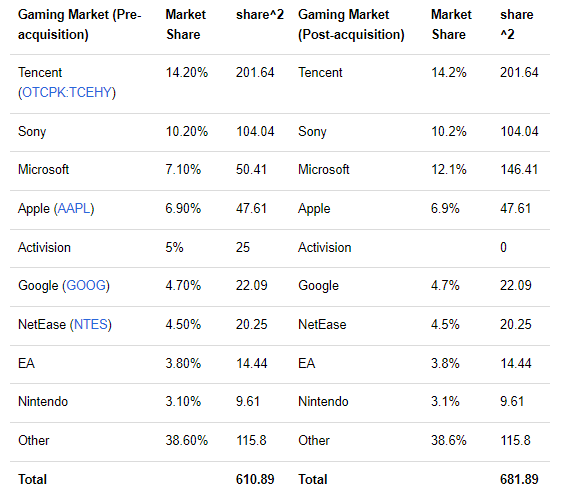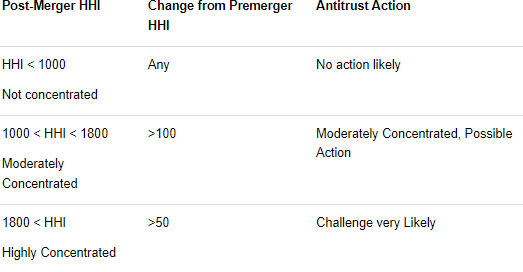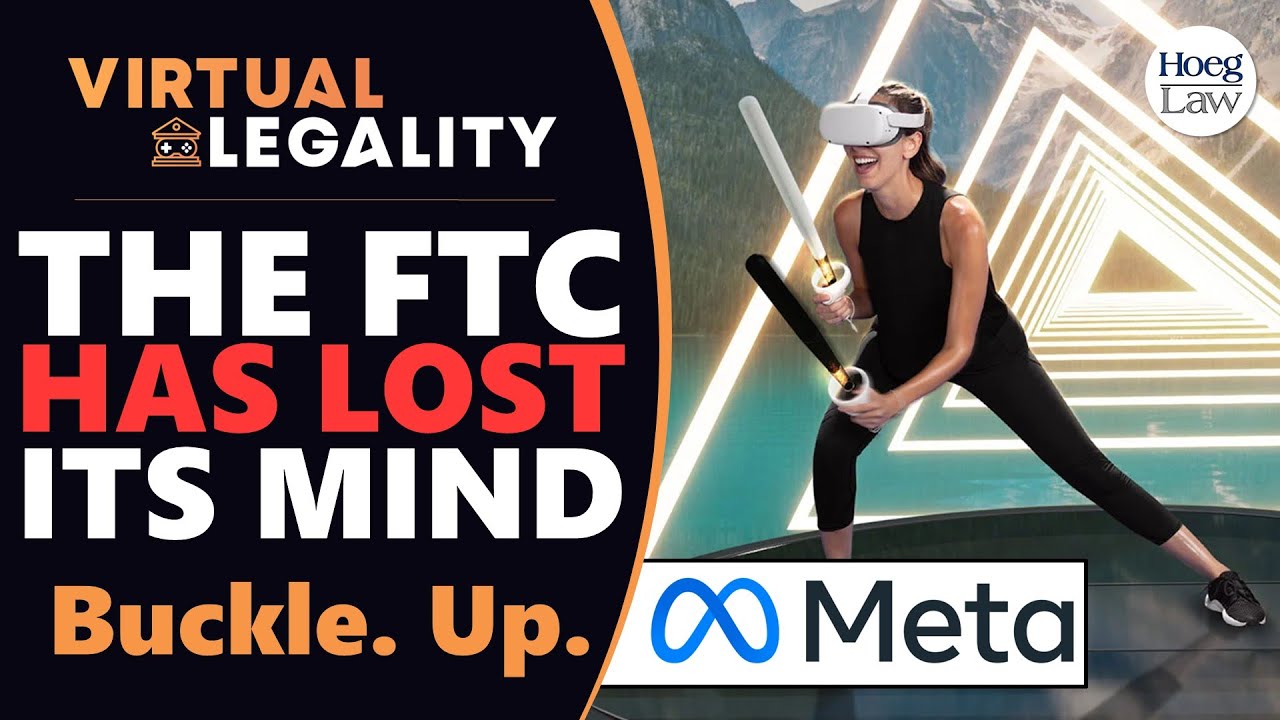WASHINGTON — The Federal Trade Commission on Wednesday filed for an injunction to block Meta, the company formerly known as Facebook, from buying a virtual reality company called Within, potentially limiting the company’s push into the so-called metaverse and signaling a shift in how the agency is approaching tech deals.
The antitrust lawsuit is the first to be filed under Lina Khan, the commission’s chair and a leading progressive critic of corporate concentration, against one of the tech giants. Ms. Khan has argued that regulators must stop violations of competition and consumer protection laws when it comes to the bleeding edge of technology, including virtual and augmented reality, and not just in areas where the companies have already become behemoths.
The F.T.C.’s request for an injunction puts Ms. Khan on a collision course with Mark Zuckerberg, Meta’s chief executive, who is also named as a defendant in the request. He has poured billions of dollars into building products for virtual and augmented reality, betting that the immersive world of the metaverse is the next technology frontier. The lawsuit could crimp those ambitions.
“Meta could have chosen to try to compete with Within on the merits,” the F.T.C. said in its lawsuit, which was filed in the United States District Court for the Northern District of California. “Instead, it chose to buy” a top company in what the government called a “vitally important” category. In a statement, Meta said the F.T.C.’s case was “based on ideology and speculation, not evidence. The idea that this acquisition would lead to anticompetitive outcomes in a dynamic space with as much entry and growth as online and connected fitness is simply not credible.” The company added that the lawsuit was an attack on innovation, with the agency “sending a chilling message to anyone who wishes to innovate in V.R.”
Meta said it would acquire Within, which produces the highly popular fitness app called Supernatural, last year for an undisclosed sum. The company has promoted its virtual reality headsets for fitness and health purposes.
The lawsuit is part of a wave of actions against Meta and other large tech companies like Google, Apple and Amazon, which have increasingly faced scrutiny for their power and dominance. Under Ms. Khan’s predecessor, the F.T.C. filed a lawsuit against Facebook that argued the company shut down nascent competition through acquisitions. The Justice Department has also sued Google over whether the company abused a monopoly over online search.


